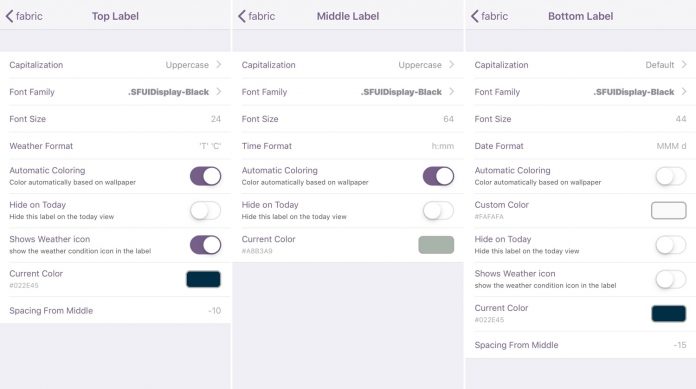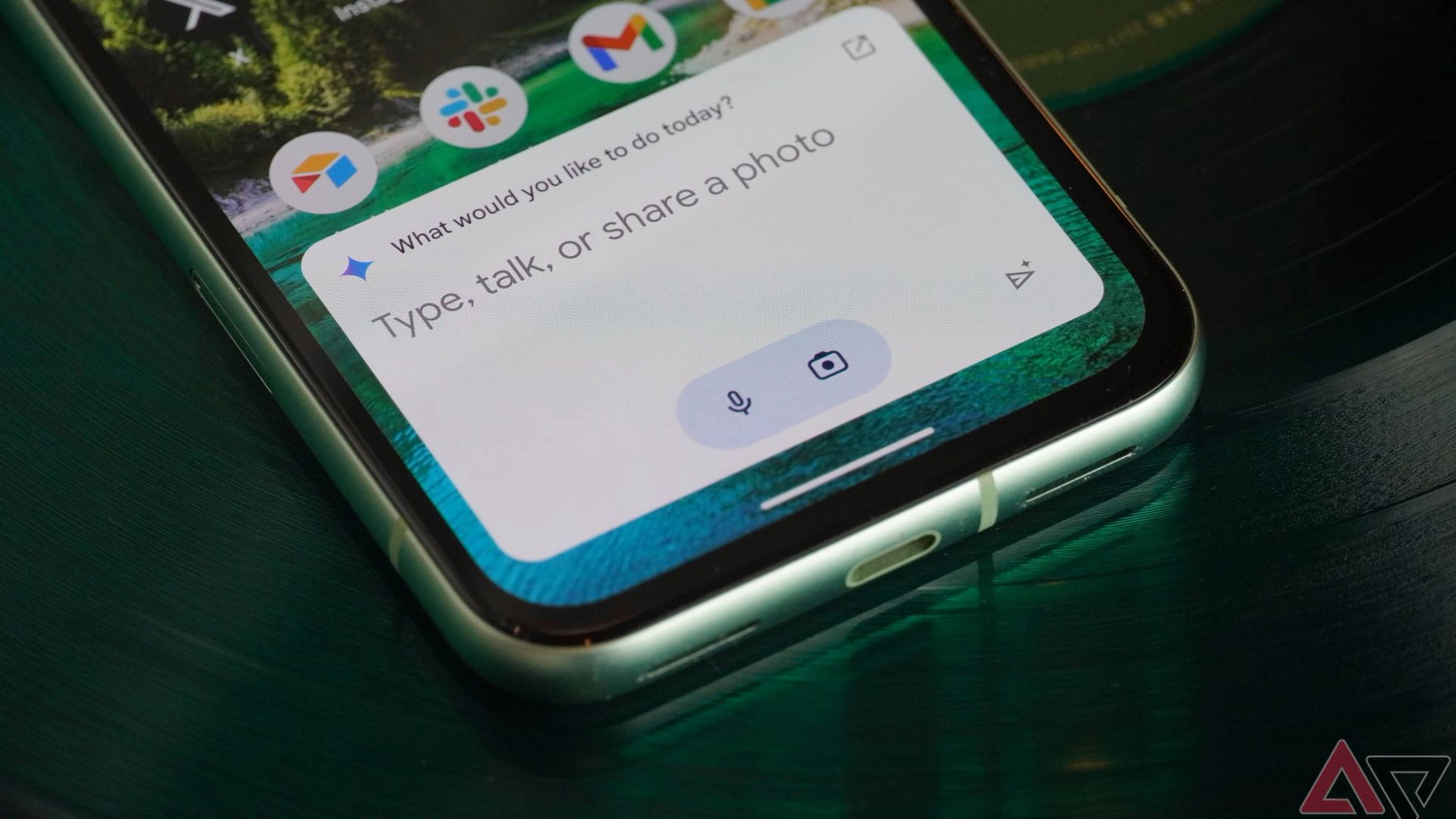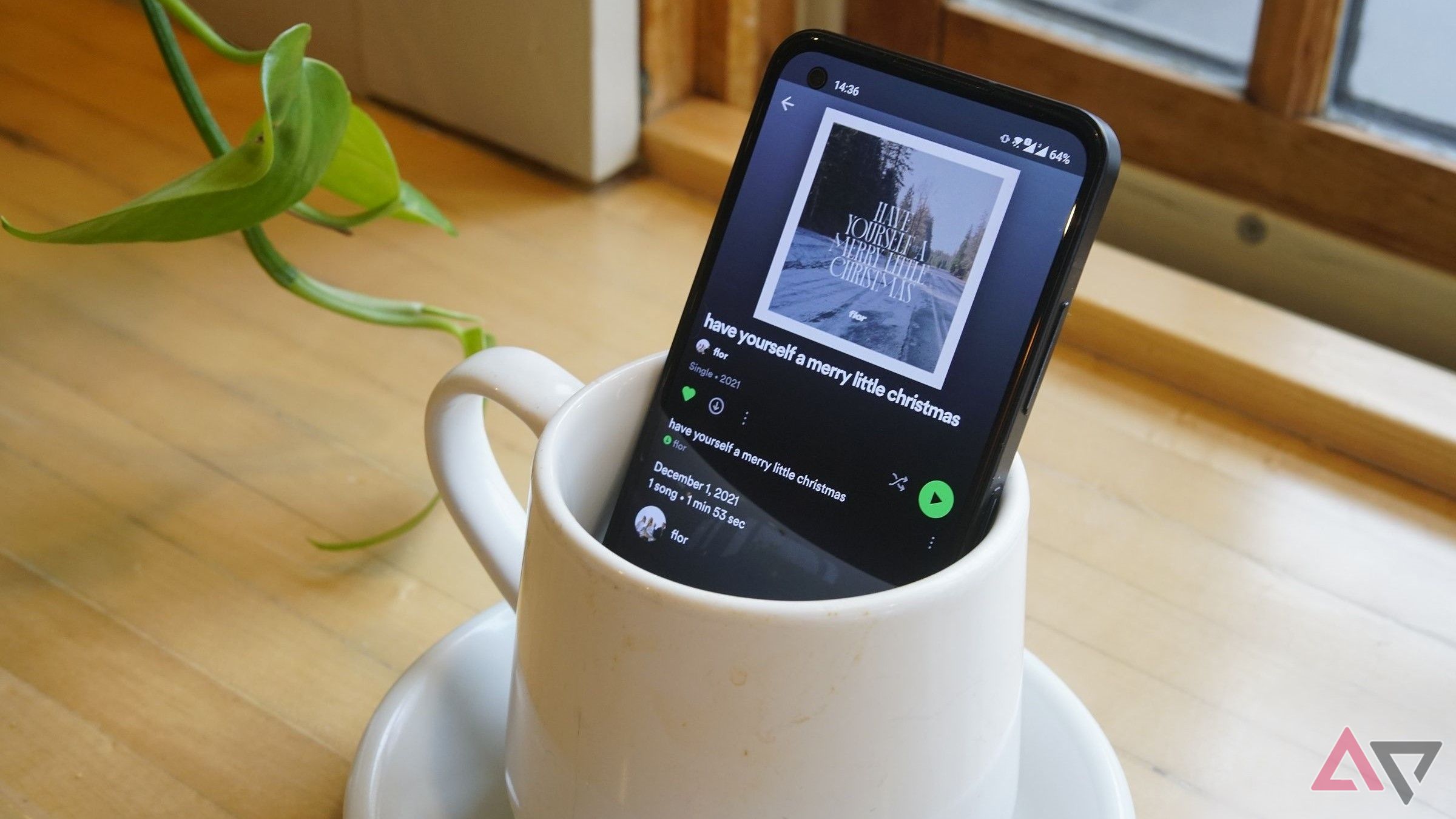Even though all the major phone releases for the year are behind us, and big software rollouts are still a month away, the Android world wasn’t exactly calm this week. From Google making strategic retreats in the EU, while also making significant strides in the smartphone market, to major US carriers breaking internet speed records and making headway on direct-to-cell satellite internet connectivity, there’s a lot to unpack.
On the app front, Google’s built-in VPN is finally landing on a Pixel device that hasn’t previously been privy to the feature, while Gemini AI keeps gaining new bells and whistles. All this, and more, in this week’s Android news roundup.
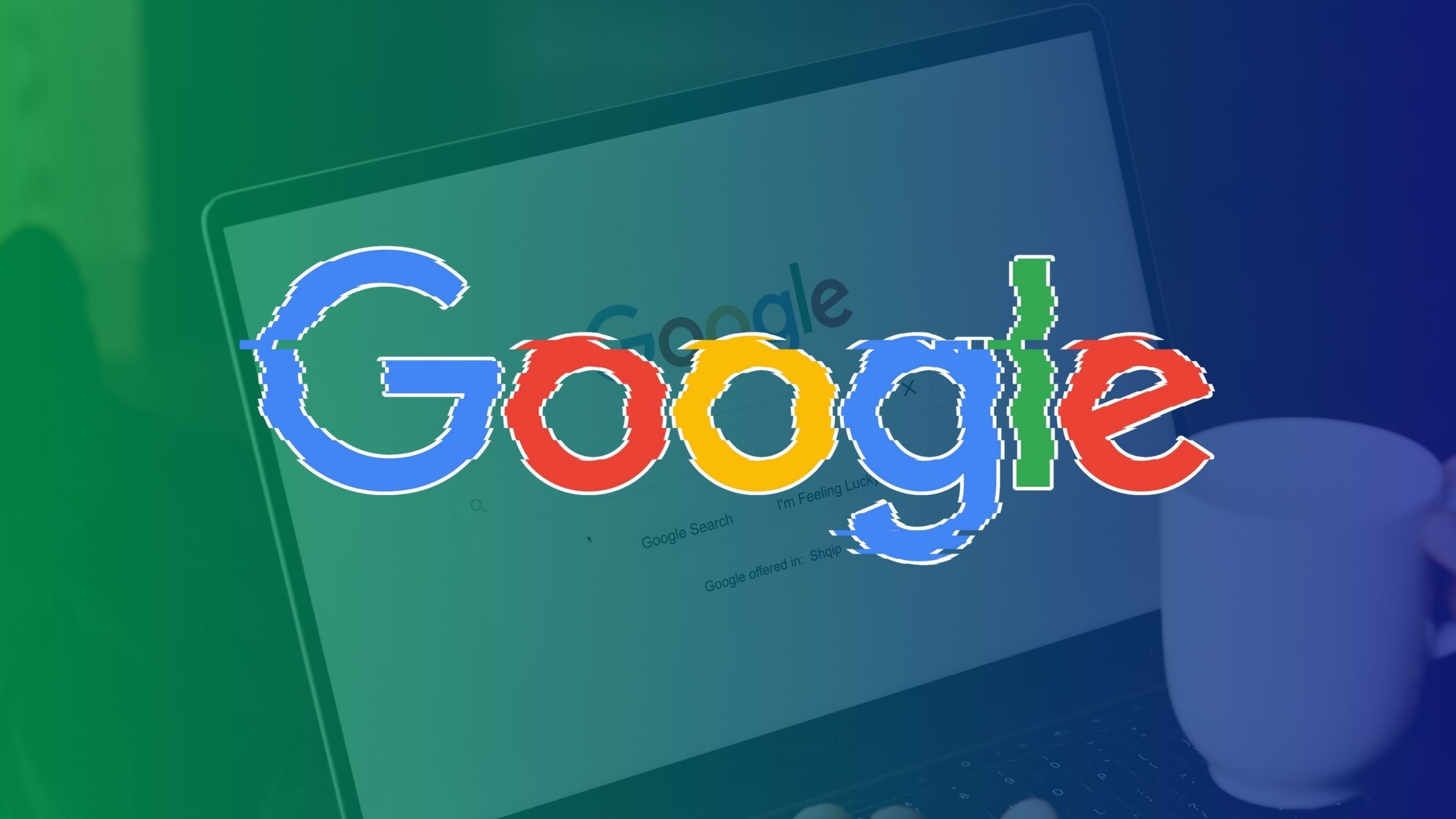
Related
Google Search is removing major features in the EU to avoid further DMA scrutiny
More plain blue links, less advanced features
For starters, Google is facing the full force of the EU’s Digital Markets Act, and it is making a strategic retreat in the form of more than 20 modifications to how Search results appear in countries that form the union. Earlier this week, the tech giant highlighted some of its newly-proposed changes, including equally formatted ad units that would give users the option to choose between comparison sites and direct supplier websites for products, restaurants, flights, and hotels.
More importantly though, as part of a short test, the tech giant is scaling back on features that highlight curated hotel results, alongside clickable maps with hotel locations in Germany, Belgium, and Estonia. The test began on November 25, and as part of it, hotel search results in the mentioned countries only offer links to individual hotel websites, hotel and vacation rental websites, and comparison sites — No sponsored suggestions and no top carousel with listings — which usually favor bigger, more established websites.
For users in those countries, the change would unequivocally make search results worse, while benefiting smaller comparison websites — leaving Google walking on a tight rope.
Pixel phones are shining bright
At least in the States
However, it’s not all doom and gloom for the Mountain View-based tech giant. While it continues to face challenges in Europe, user outlook towards its devices has continued its up-and-to-the-right trend in the US. Google’s latest Pixel 9 flagship series has been a game changer for the company, with its mobile vendor market share up to roughly 14.6 percent as of November 2024.

Related
Google’s market share stays surprisingly high after hot Pixel 9 sales start
Is this the start of something big?
Even though Apple and Samsung continue to dominate the smartphone market share in the US, Google is steadily gaining ground, solidifying its position as a major player in the market. This doesn’t come as a surprise, considering that Pixels arguably offer the best stock Android experience, and are always first in line to gain Google’s latest major OS drops. Stable Android 16, for reference, is expected to land on Pixel devices sometime in Q2, 2025.
An Elite phone is hitting the US
Speaking of smartphones, tech enthusiasts in the US can finally buy a smartphone powered by Qualcomm’s all-new Snapdragon 8 Elite — but it’s not from a brand you’d have expected. We already know that Samsung’s upcoming S25 series might deploy the Snapdragon 8 Elite across the lineup. However, the South Korean tech giant’s flagship series is still a few weeks away (we’re expecting it to be announced in January 2025). In the meanwhile, China-based Nubia has already brought its Z70 Ultra to the US.

Nubia Z70 Ultra
The powerful Nubia Z70 Ultra embodies cutting-edge innovation and sleek sophistication. It offers an immersive display, powerful performance, professional-grade photography, and all-day durability—all wrapped in an elegant, streamlined design with the advanced Nebula AIOS for seamless productivity.
Pre-orders for the device are live now, with December 5, 2024, set as the availability date for the $730 smartphone. Although Nubia hasn’t explicitly confirmed if the device is compatible with all US carriers, it’s supported bands cover the US frequency spectrum, suggesting that the device should connect to your network without issues.
Regardless, before you decide to pull out your wallet and make an impulsive buy, it would be prudent to wait for the first wave of devices to be delivered — just so you can gain clarity about the device’s compatibility with US carriers.
Verizon and T-Mobile are aiming for the exosphere
Literally and figuratively
Seguing from carrier compatibility to some major carrier news, Verizon was the talk of the town this week, and no, its network wasn’t down. The carrier just shattered internet speed records. The carrier’s fiber network, in a recent trial conducted in Boston, was able to move 1.6 TB of data in a second on a single-carrier wavelength.
For reference, the average 2-hour FHD movie with 60 frames per second is 6 GB in file size — with Verizon’s trial speed, you’d essentially be able to download the movie over 266 times in a second. But before you get excited, note that the data transfer speed was only achieved under specific network configurations and using advanced technology like Ciena’s WL6e high-bandwidth transceiver — so basically, don’t expect the groundbreaking achievement to translate to real-world speeds anytime soon. What you can expect, however, is the eventual elimination of cellular dead zones across the US, and it starts with T-Mobile and SpaceX.
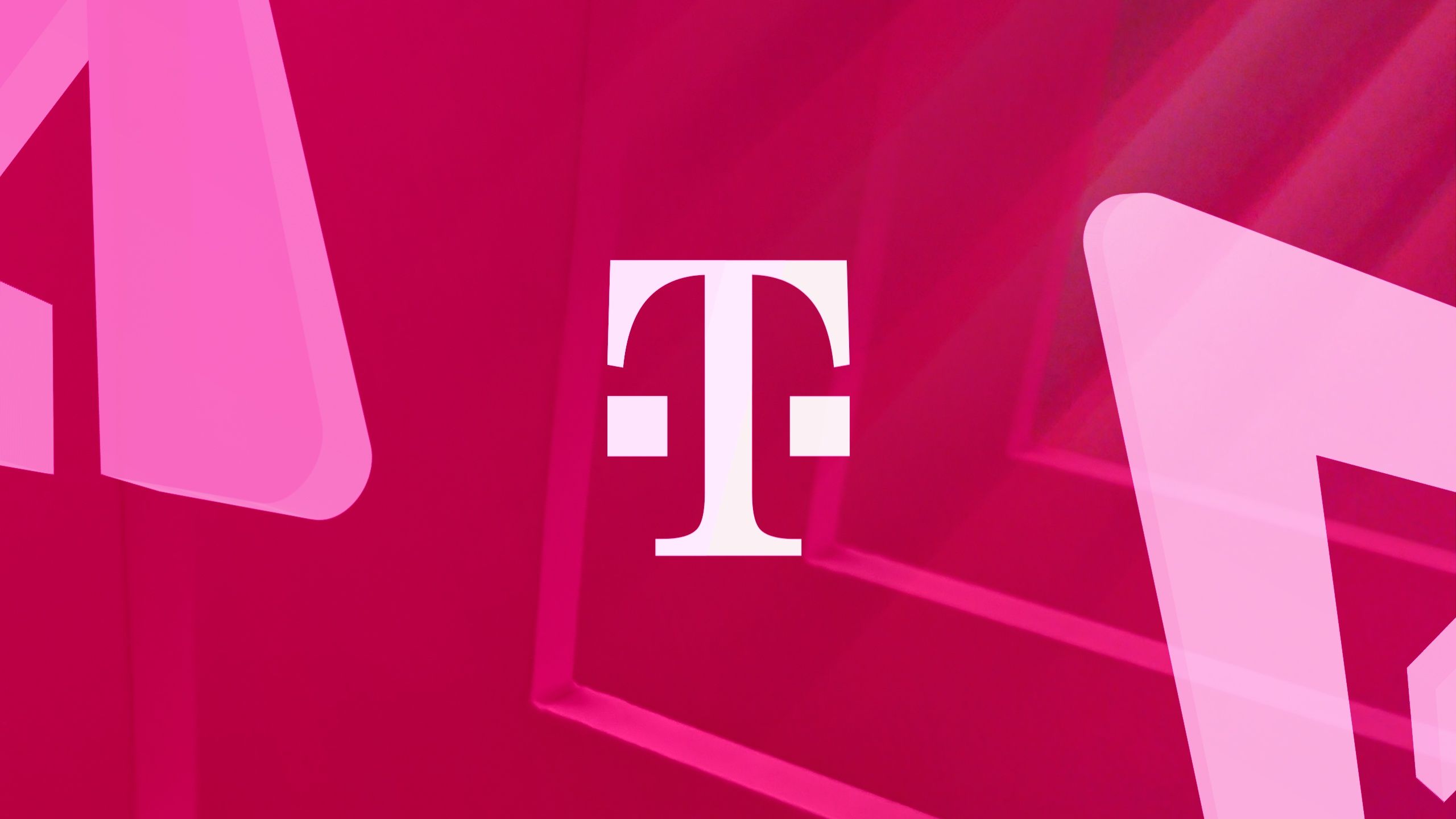
Related
T-Mobile’s Starlink cell coverage just got full FCC approval
Get ready for a new era of connectivity
The carrier received temporary clearance from the FCC for Starlink’s direct-to-cell service back in October. This week, the FCC has given the two the final thumbs up for its satellite-powered internet service, which means the partnership, which was first announced all the way back in 2022, can finally culminate in a working satellite-powered cellular network that could potentially wipe out coverage dead zones — benefiting most, but especially those in rural and remote areas.
Speaking of dead zones
Last week, we heard that Google had canceled its long-awaited Pixel Tablet 2. The report came as a shock, considering that we were expecting the tablet to be announced sometime in 2025 — we even had a “Here’s what we’re expecting from the Pixel Tablet 2” article go up two days before the reported cancelation (cue sad trombone sound).
The Pixel Tablet line’s future is currently in shambles, and in some convoluted way, we still might see the Pixel Tablet 3 way down the line. In the meanwhile, the tech giant appears to be focused on enhancing the software experience for current Pixel Tablet owners.
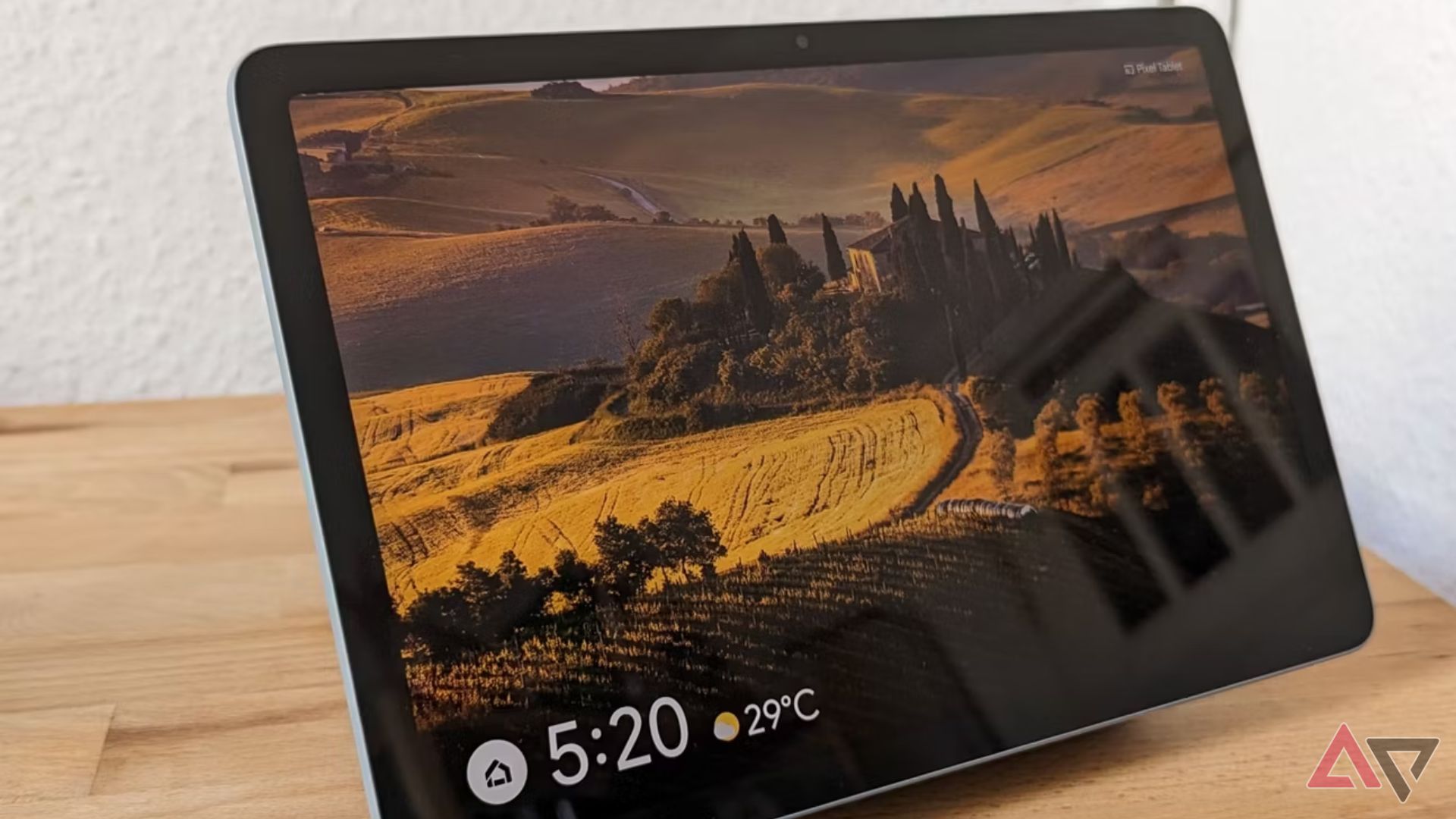
Related
You can finally use VPN by Google on the Pixel Tablet
Roughly 2 years after the VPN first became available
Earlier this week, Pixel Tablets gained a major privacy boost as Google’s built-in VPN service, better known as VPN by Google, finally landed on the large-screen device. For reference, VPN by Google first landed on Pixel 7 and later released smartphones with the December 2022 Pixel Feature Drop. The Pixel Tablet was released in the subsequent year, but never gained access to the service — that is, until three days ago.
For reference, Google hasn’t officially acknowledged support for the app, but we can confirm that the service is available to download directly from its Play Store listing, and it is currently fully functional on stable Android 15.
Spotify’s tune is changing while Gemini keeps gaining
In other Google app-related news, the tech giant’s focus on its AI offerings hasn’t wavered. Early in November, Google started rolling out the Google Home extension for its Gemini Assistant on Android. Roughly two weeks in, we now have a functional Spotify extension.
It’s worth noting that the extension works even if you don’t pay for Spotify Premium, though you’ll only be able to ask the assistant to play specific songs if you have the subscription. Also worth noting is that the functionality is currently limited to Gemini in English, and only available via the standalone app — and even though iPhone users gained a dedicated Gemini app recently, the Spotify extension isn’t available on iOS yet. An extension for WhatsApp is likely next in line.
While we’re on the topic of Spotify, the music streaming giant recently announced changes to its API terms that are a major blow to third-party apps. Following in Reddit and YouTube’s footsteps, Spotify will no longer allow third-party apps to access these features:
- Related Artists
- Recommendations
- Audio Features
- Audio Analysis
- Get Featured Playlists
- Get Category’s Playlists
- 30-second preview URLs
- Algorithmic and Spotify-owned editorial playlists
While not certain, developers speculate that the move essentially eliminates third-party competition by preventing app developers from using Spotify’s data to train their own song recommendation models. Developers, of course, aren’t happy with the change, with one user saying “I’ve literally been working on an app that heavily leveraged these exact APIs for the last few months. I was trying to make an app that helped users build playlists by finding great candidate tracks, building queues, and pushing them to Spotify as playlists (for DJ-like super-users). Some notice would have been nice at the very least I was literally mid-coding when my whole app basically went dead… There is nowhere else to get data like this out there, so you’ve effectively just destroyed the last few months of work for me.” It is currently unclear if Spotify will reconsider its decision.
Microsoft’s dream is delayed
But it’s not dead

Related
Microsoft’s Xbox game store for Android has hit a snag, despite it being ready to go
Awaiting court’s green light
Elsewhere, Microsoft, which had previously signaled (in October) the arrival of a dedicated Xbox Game Store on Android in the month of November, seems to be stuck between regulatory hurdles.
The Game Store, which was first announced after the courts handed Epic the win in its antitrust lawsuit against Google and its Play Store billing policies, would essentially allow users to purchase new titles, and play specific ones directly on mobile. According to the console-maker, the Game Store is ready to be deployed, but a temporary administrative stay granted by the courts is forcing Microsoft to sit on its hands.
For reference, earlier this week, Google formally appealed the decision, asking the federal appeals court to “throw out” the ruling made by US District Judge James Donato, as highlighted by Bloomberg. Oral arguments for the appeal are scheduled for February 3, 2025, making it very likely that Xbox’s plan, if it materializes, would only play out in Q1, 2025.



